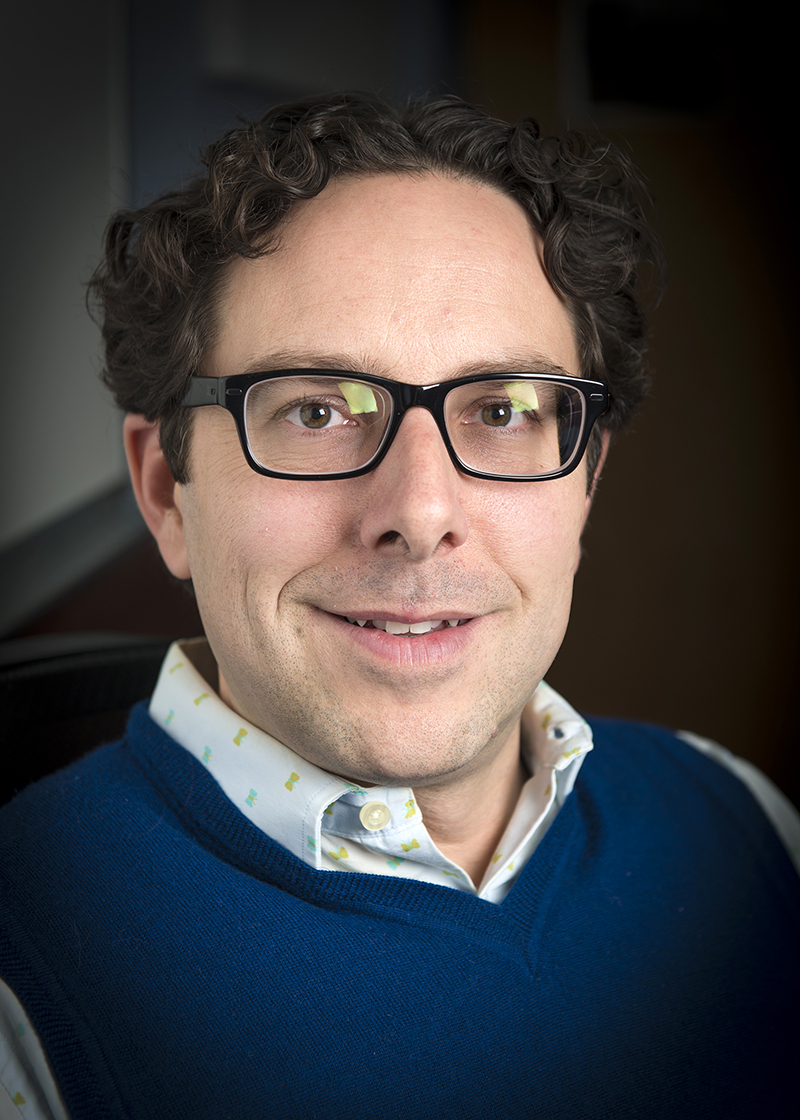Community placements are a highlight of our DCEL program
Getting outside the four walls

A sign of the School’s resilience and innovation before and during the pandemic
The Northern Ontario School of Medicine is one of the only medical schools in Canada that delivered in-person community placements for medical students during the pandemic. Small, nimble and somewhat isolated, NOSM was quickly able to pivot to placements for second- and third-year medical students through the support of NOSM community partners and faculty members.
Integrated Community Experiences, known as ICE placements at NOSM, were created to offer in-person learning for students to gain clinical experiences with faculty and allied health professions in small communities. These communities may be rural, remote, largely Francophone, or First Nations.

“It took a coordinated effort to make these placements happen,” says Jeff Bachiu, NOSM’s Administrative Director of Curriculum and Planning. “COVID-19 meant so many unexpected changes to the MD curriculum, and it’s just not possible to do this in large urban centres during the pandemic. Because we are fairly isolated in the North, NOSM faculty saw the value of the learning opportunities and decided to move forward, making it optional for students to participate. Strict self-isolation with no contact with anyone for two-weeks prior to traveling to the placement community was required.”
Experiential placements are critical in preparing medical students for their Comprehensive Community Clerkships, where they spend the entire eight months of their third year in one of 15 Northern communities in clinics or hospitals. “The majority of students expressed wanting to go, and if they missed out on their community-based placement, they felt they wouldn’t have enough experience going into year three,” says Jeff.
For the safety and wellbeing of First Nations communities, the first-year Indigenous community placement in both 2020 and 2021 were moved to a virtual format. Prior to the pandemic, medical students would have spent four weeks living in First Nations communities to learn about culture and history and gain first-hand an understanding of health issues facing Indigenous peoples.
“NOSM will replace any missed ICE placements with experiences this summer, ensuring students will be prepared for their upcoming intensive clinical placements,” says Jeff.
“It was definitely a challenge, but together with our students we found a way to make it happen. We focused on keeping everyone safe while we ensure educational needs are being met. When the pandemic hit in March 2020, fourth-year students were able to complete their placements later in April and still graduate—which was an accomplishment in itself. Third-year students were able to transition into year-four with delayed clinical placements starting in July, and are expected to graduate on time in June 2021.” “NOSM hasn’t skipped a beat, really,” Jeff says.
He emphasizes the determination of NOSM staff, faculty, community partners, and the resiliency of the students for the success of the 2020-2021 ICE placements during the pandemic. “Despite delays, and shifting to virtual academic sessions, and minor changes, we’ve managed! And that’s no small feat,” says Jeff.
